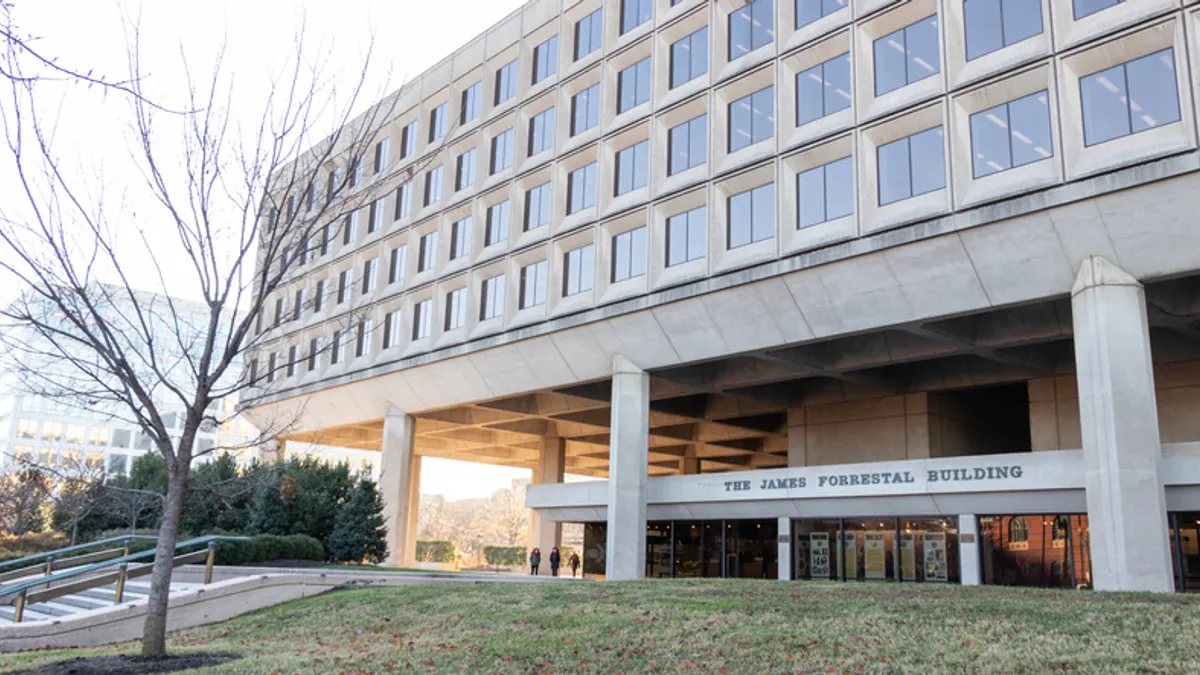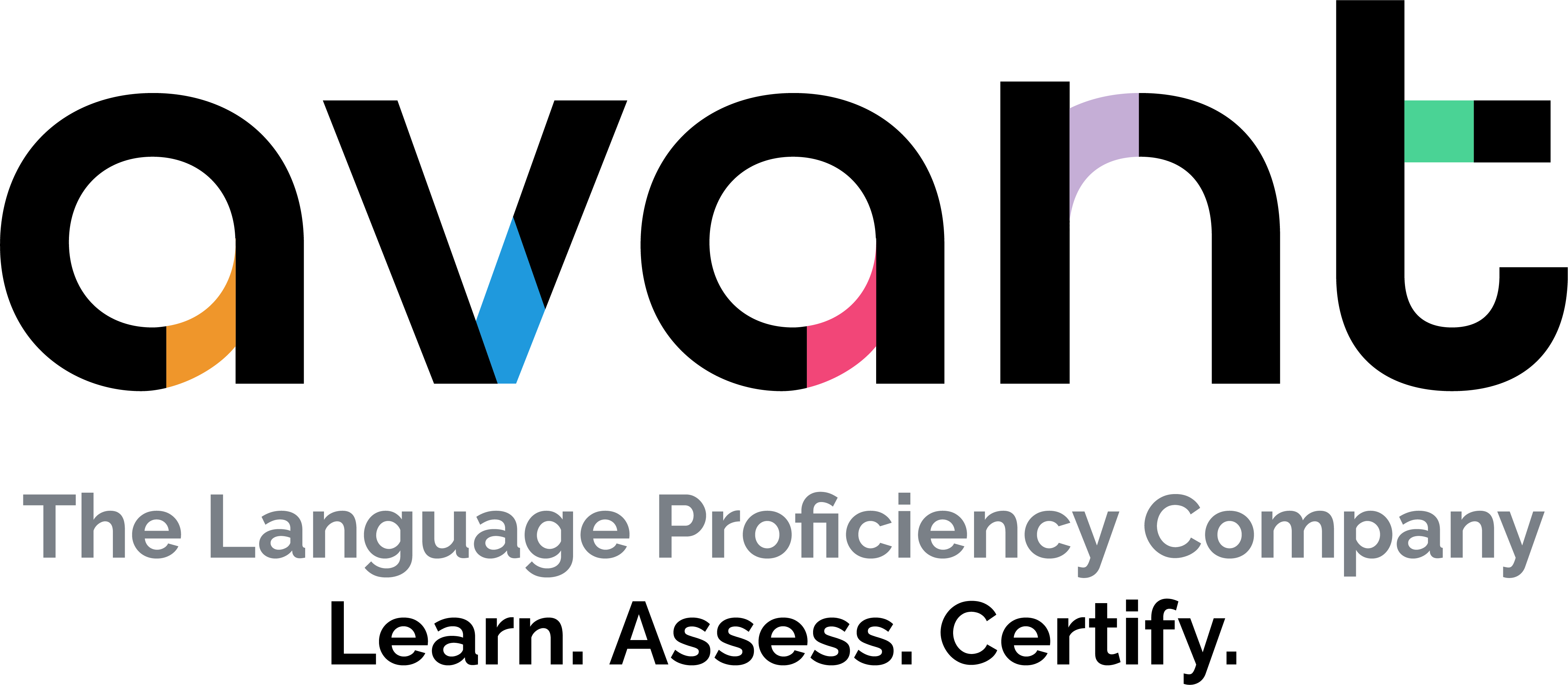The U.S. Department of Education is already past its due date for a number of significant regulatory proposals, according to an updated regulatory agenda for fall 2023.
That list includes two long-awaited and controversial Title IX regulations as well as a handful of other expected proposed rules that could significantly change school operations.
When U.S. Secretary of Education Miguel Cardona took over the Education Department under the Biden administration in 2021, the department almost immediately overturned a handful of its predecessor's initiatives. In their place, it put in motion a to-do list rooted in a slew of Biden's early executive orders around priorities like advancing racial equity and preventing LGBTQ+ discrimination.
Since then, the department has followed through on many of its promises. Among them: reopening a majority of schools closed due to the COVID-19 pandemic within the first 100 days of Biden's presidency, cracking down on discrimination in school discipline policies partly by reviving systematic reviews of school districts, and issuing notices or progressing on investigations related to priority areas like Title VI and Title IX.
However, progress has been relatively slower in other areas like Title IX, to the ire of advocates, educators and lawmakers alike.
With a little more than a year left until a potential new administration steps into the White House, here is where the Education Department’s work on those initiatives stands:
Title IX rules
The Education Department now plans to issue both of its final Title IX rules by March 2024, almost a year after its original May 2023 goal. If published by its new deadline, the rules would come five months after they were delayed a second time in October 2023.
From the get-go, the department has planned to release the two related but separate rules consecutively. The broader rule includes protections for LGBTQ+ individuals for the first time, while the second provides a framework for how schools should approach including transgender students on athletic teams aligning with their gender identities.
Conservative policymakers have repeatedly called for the administration to pump the brakes on both rules, including attempting to block the administration from implementing them entirely.
Recently, more liberal lawmakers and organizations have pressed the administration to release them as soon as possible, saying that further delay is costing marginalized student's their civil rights.
The high volume and range of comments received on both rules, which the Education Department cited as a reason for the repeated delay, reflects their controversial nature.
When implemented, the rules will be the third shift in schools' Title IX policies over the course of three administrations.
Section 504
Educators, parents, students and advocates are eagerly awaiting the first major update in four decades to regulations for Section 504 of the Rehabilitation Act of 1973. The Education Department first announced in 2022 it was taking a fresh look at the rules.
A proposed rule was originally scheduled to be published in August, and the most recent regulatory agenda said the Education Department expected a November publication, but it appears the wait will last a bit longer.
An update to Section 504 will impact requirements in K-12 and higher education for how schools accommodate students with disabilities. Accommodations that can help remove barriers to learning for students with disabilities could include extended time for test taking, the use of a service animal, and a differentiated school day schedule. Section 504 also requires schools to be physically accessible.
At the elementary and secondary school levels, confusion has grown over the years about how Section 504 accommodations align with individualized supports for students with disabilities who qualify for services under the Individuals with Disabilities Education Act. Some students qualify for both IDEA services and Section 504 accommodations.
Although both Section 504 and IDEA aim to protect the civil rights of students with disabilities, some education administration advocates see them as serving distinct practical purposes, with IDEA focused on addressing learning supports and Section 504's mission as protecting students from discriminatory practices.
Disability rights advocates, on the other hand, said more alignment in certain areas of Section 504 is needed to ensure students' needs are being met.
Rulemaking on race and shared ancestry
Also among the department's earliest priorities under the Biden administration were combatting a rise in anti-semitism and ensuring racial equity in education. Since then, the department has released multiple Dear Colleague letters on related issues, like curbing racial inequality in discipline for Black and Hispanic students and protecting Jewish, Muslim, Hindu and other students from bullying and harassment.
The department's attention on the latter has increased recently in the wake of the Israel-Hamas war and subsequent reports of increasing Islamophobia and antisemitism in schools and on college campuses.
In November, the department made clear that the current administration interprets Title VI to protect students from discrimination based on shared ancestry or ethnic backgrounds. The agency has doubled down on school district investigations related to anti-Semitism and Islamophobia, and has said it plans to continue aggressive action in that area.
An official rule on the issue, including a draft proposal, remains absent in the meantime.
A notice of proposed rulemaking on Title VI to combat antisemitism and shared ancestry has been anticipated at least since 2022, and it was listed in the spring 2023 regulatory agenda as being in the proposed rulemaking stage for December 2023.
However, the most recent fall 2023 agenda omitted it entirely.
An Education Department spokesperson said the agency still intends to issue a Title VI proposal and finalize it into a rule, however.
"The Department is working tirelessly to ensure that this rulemaking process is completed as soon as possible and anticipates completion well before December 2024," a spokesperson said in an emailed statement to K-12 Dive.
Assessments
The department has delayed its plan to issue a proposal regulating how states can pilot innovative assessments as an alternative to their current summative assessments and testing used for accountability. The proposal would impact the Innovative Assessment Demonstration Authority, a federal program that allows states to pilot new assessment approaches.
A proposed rule was anticipated this past August but has been pushed to October 2024, according to the fall 2023 update.
In the meantime, the department has moved toward innovating assessments in other ways.
In November, Cardona updated guidance for IADA in a letter to state education leaders. The letter removed the cap on the number of states that can participate in the program and clarified that assessment results may differ between existing state assessments and new ones developed under the program.
Earlier in August, the same month an initial proposal for IADA was expected, the department awarded Montana a rare federal testing waiver allowing the state to replace its federally mandated annual assessment with a through-year assessment beginning in the 2024-25 school year.






















